The study, conducted by Global Vaccine Data Network (GVDN), specifically looked at adverse events following administration of the Pfizer, Moderna and AstraZeneca COVID vaccines
)
A woman receives Pfizer-BioNTech COVID-19 vaccine as a booster dose at Skippack Pharmacy in Schwenksville, Pennsylvania, US. FILE/REUTERS.
Will naysayers win the COVID vaccine debate? Seems so. The largest ever multi-country survey on the side-effects of COVID vaccines – from the houses of Pfizer, Moderna and AstraZeneca – claims to have found that these life-saving shots exacerbated 13 different medical conditions.
The study was conducted by Global Vaccine Data Network (GVDN). It considered nearly 100 million vaccinated individuals across eight countries: Argentina, Australia, Canada, Denmark, Finland, France, New Zealand and Scotland.
Damaging Findings
The comprehensive study, recently published in the esteemed journal Vaccine, unearthed some concerning associations between COVID-19 vaccines and certain medical conditions. Notably, researchers observed a slight increase in neurological, blood, and heart-related issues following vaccination, as outlined in a press release from the GVDN.
Specifically, individuals who received mRNA vaccines were found to have a heightened risk of myocarditis, an inflammation of the heart muscle. Meanwhile, viral-vector vaccines were associated with an increased likelihood of blood clots in the brain and Guillain-Barre syndrome, a neurological disorder.
Other potential risks highlighted in the study included inflammation of the spinal cord and swelling in the brain and spinal cord, particularly after administration of viral-vector and mRNA vaccines.
Important Takeaways
Lead author Kristýna Faksová, from the Department of Epidemiology Research at Statens Serum Institut in Copenhagen, Denmark, emphasised the significance of the study’s vast population size in detecting rare vaccine safety signals.
Meanwhile, in an interaction with Fox News, Dr. Marc Siegel, a clinical professor of medicine at NYU Langone Medical Center, weighed in on the findings, acknowledging the rare associations identified but stressing the overall safety and benefits of vaccination.
Despite the identified risks, experts like Jacob Glanville, CEO of biotechnology company Centivaix, underscored that the odds of experiencing adverse events from the vaccine remain significantly lower than those from contracting COVID-19, during an interview with Forbes.
What about JN.1 vaccine?
Amidst the study’s revelations, concerns persist regarding the emergence of new COVID variants. The rapid spread of the JN.1 variant during fall and winter led to an uptick in cases, contributing to what experts termed the “tripledemic,” involving COVID-19, flu, and respiratory syncytial virus (RSV). While cases and deaths from COVID-19 are declining, hospitalizations have seen a slight increase, signaling a potential end to the tripledemic.
JN.1, classified as a “variant of interest” by the World Health Organization (WHO), poses challenges due to its highly mutated nature. However, vaccine makers have reassured the public that existing shots provide some level of protection against this variant.

 6 months ago
14
6 months ago
14

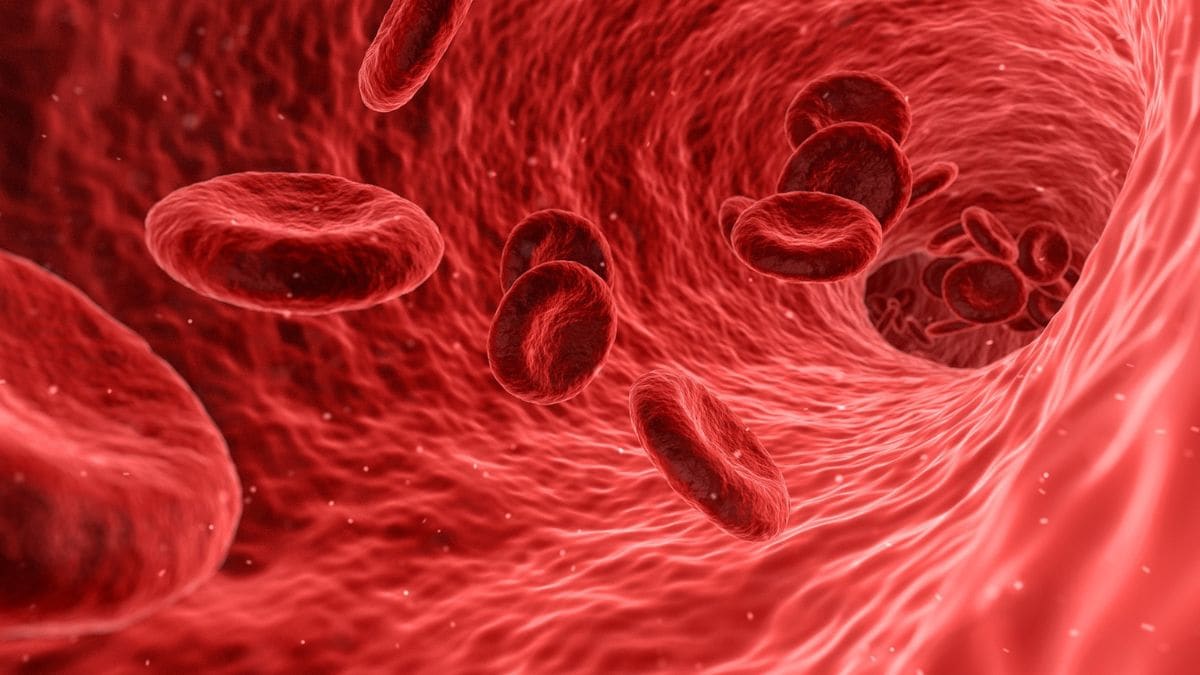
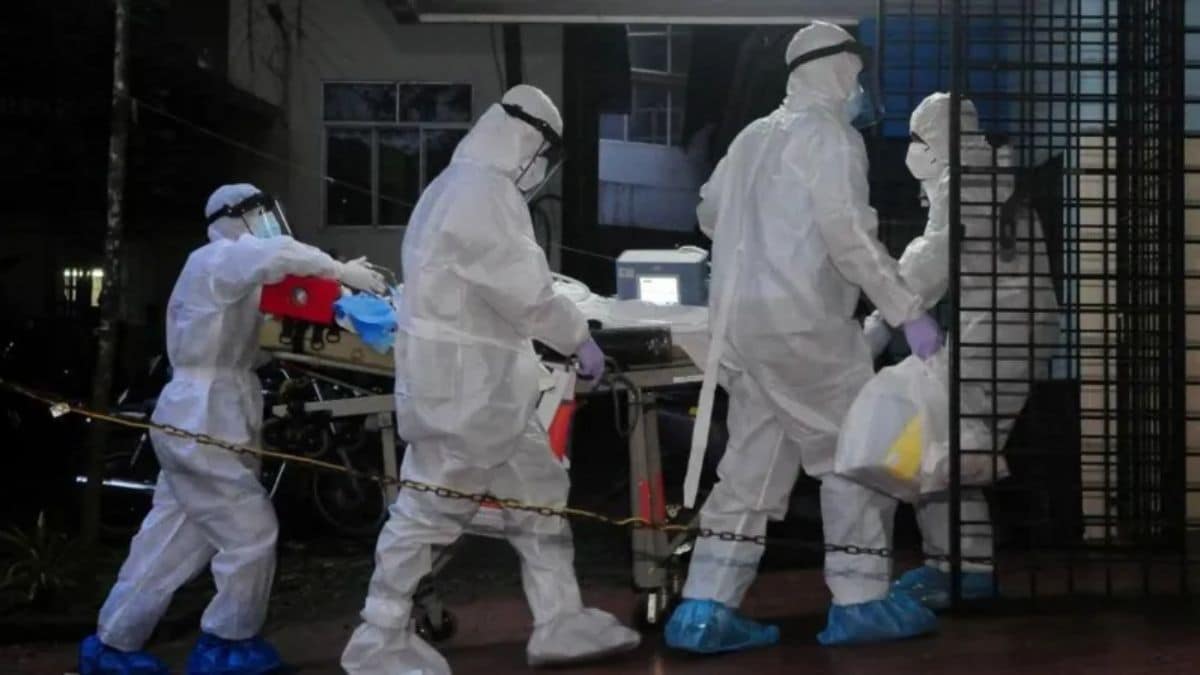
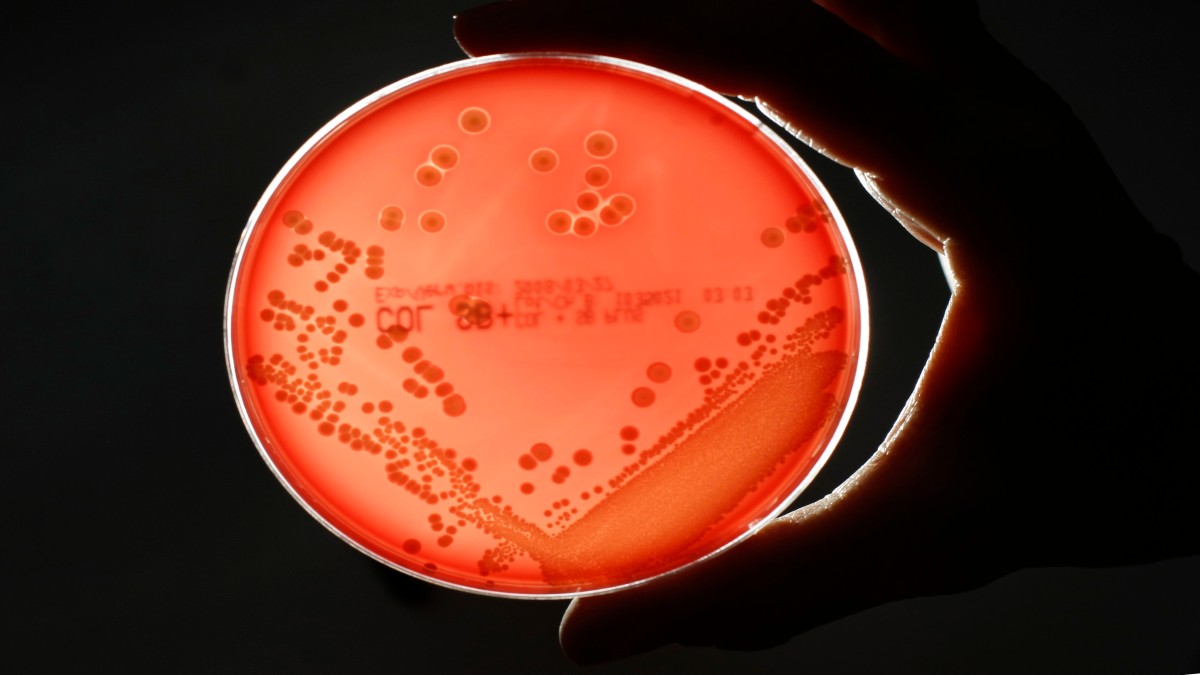



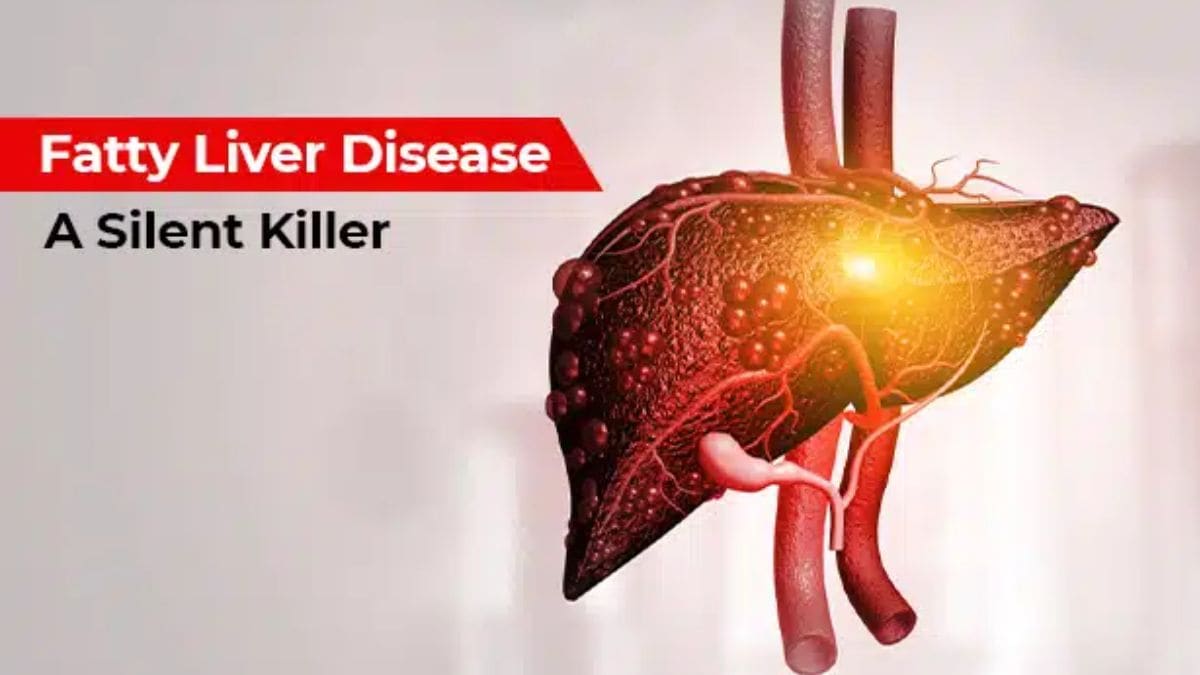

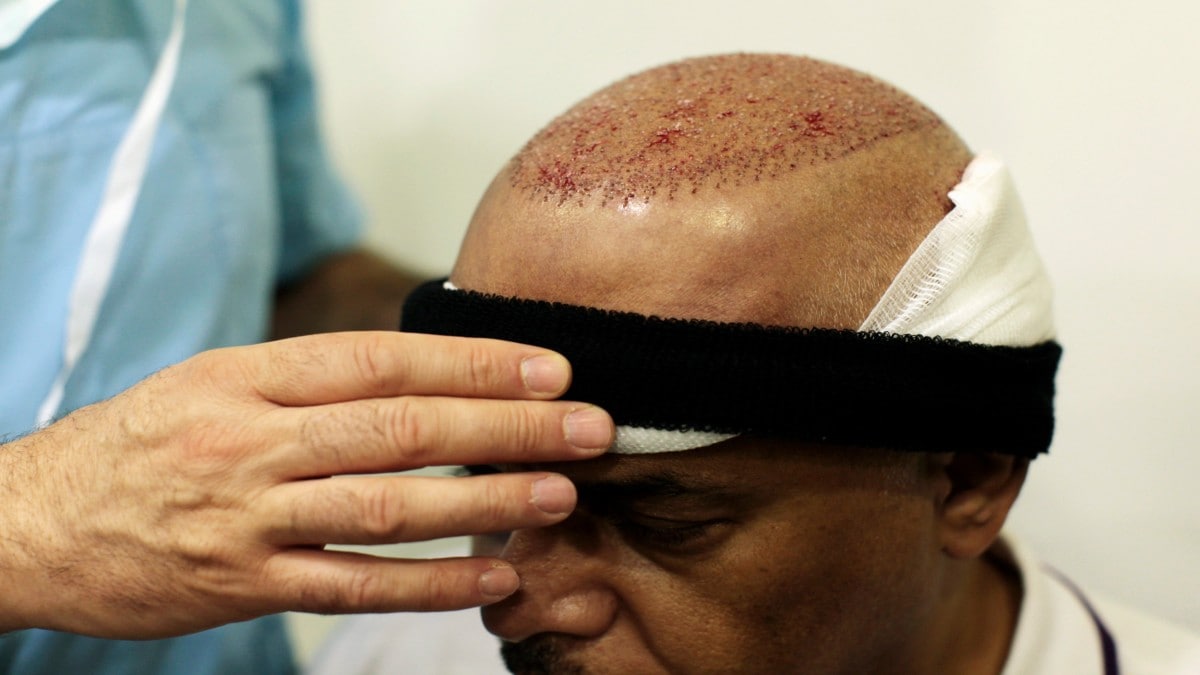

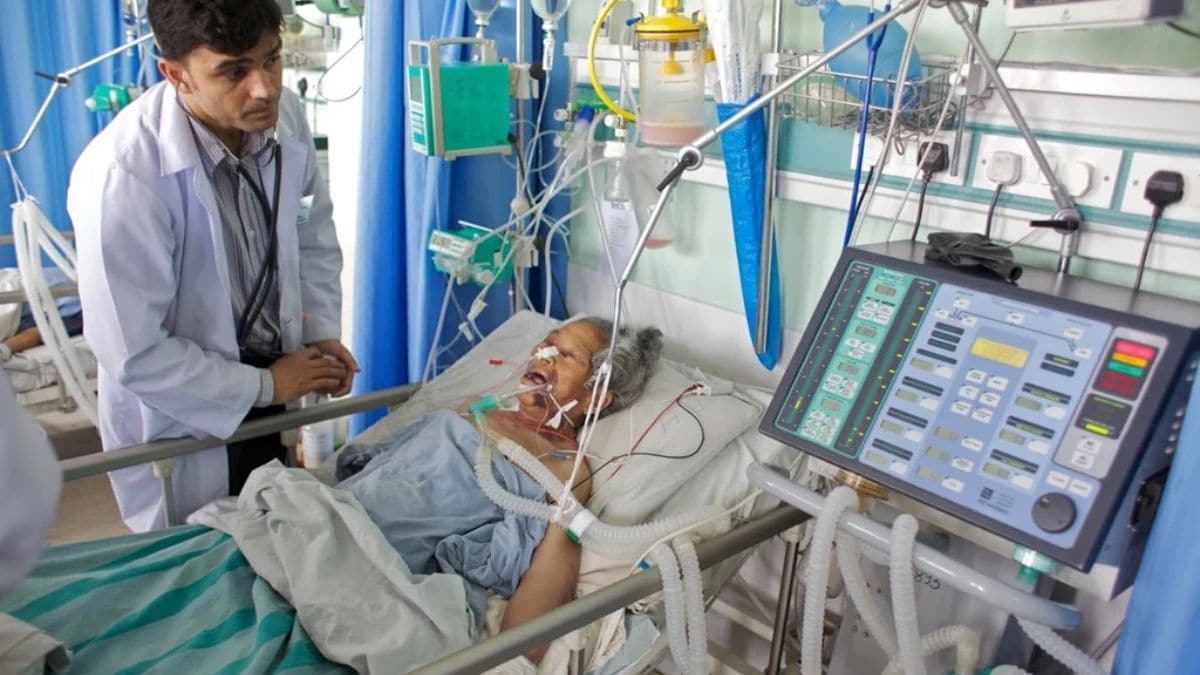






)
)
)
)
)
)
)
 English (US) ·
English (US) ·